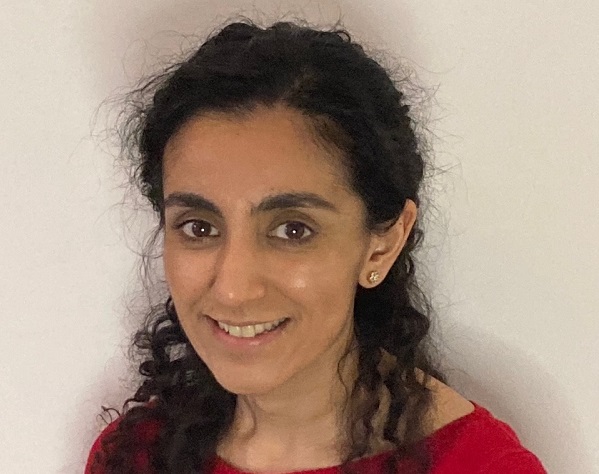There was a rapid shift to remote (telephone, video and online) GP consultations at the start of the coronavirus pandemic. The National Institute for Health Research (NIHR) funded ‘Rapid COVID-19 Intelligence to Improve Primary Care Response (RAPCI)’ study examined how GP practices responded to the pandemic in Bristol, North Somerset and South Gloucestershire between April and August 2020.
Case Study: Coping with the rapid shift to remote GP consultations during the coronavirus pandemic
Researchers from the Centre for Academic Primary Care at the University of Bristol and NIHR ARC West looked at patient consultation data to see if there had been changes in how GPs and nurses consulted with patients compared to the previous year. They also conducted over 80 interviews with GPs, practice managers and nurses to understand the impact on delivery of patient care and the challenges they faced.
In April 2020, most GP practices stopped face-to-face appointments as the first point of contact, only seeing patients face-to-face when essential following a telephone or video consultation or completion of an online written assessment. This drove a rapid change to 90 per cent remote GP consulting (46 per cent for nurses) by April 2020, compared with 31 per cent in April 2019.
By July 2020 GPs were doing 85 per cent of consultations remotely and nurses 38 per cent. GP-to-patient phone text messages increased three-fold, and nurse-to-patient almost five-fold in April to July 2020 compared to 2019. GPs and nurses maintained a focus on caring for the most vulnerable throughout: despite reductions in overall consultation rates in April, consultation rates did not reduce for patients who were older, shielding or had poor mental health.
Dr Geeta Iyer, a GP and Clinical Lead for Primary Care Development at Bristol, North Somerset and South Gloucestershire Clinical Commissioning Group, said:
“The RAPCI study ran from early in the pandemic and focused on qualitative and quantitative information from GP practices about their activity. This rapid research enabled practices to feed back in real time to the Clinical Commissioning Group and other healthcare organisations during the pandemic, for example raising concerns about access and the impact on certain patient groups. This meant that we could tailor our support to practices, respond quickly, and get communications out promptly. What it also demonstrated was the speed of transformation and the adaptability of primary care to extraordinary conditions and the will to make this work. This was an invaluable resource to us.”
For more information about RAPCI, see the study web page.
Read the paper detailing the study findings published in the British Journal of General Practice and the rapid study reports.
